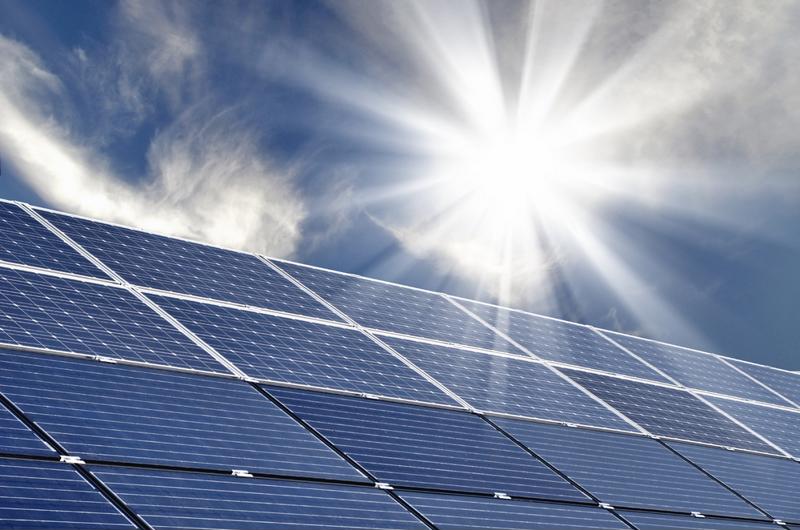Think again about powering your old water heater with solar panels
If you consider yourself an energy-efficient homeowner, odds are you've tried just about everything to bring your utility bills down. In some cases, this is all about the bottomline, and if a crazy solution seems like it could save you money, why not at least give it a try. Other times, you might value limiting your home's impact on the environment, no matter the cost.
That's why solar polar has gained such a following in recent years. By installing a set of panels on your roof, you might be able to power your home naturally and efficiently, right? While that might be the prevailing opinion, your wallet or the planet might not see much savings if you still have old, inefficient appliances like storage water heaters sucking up more energy than they're worth. In fact, there might be so many hidden costs associated with installing solar panels to your home that it's better to look for another solution to your energy efficiency problems.

A light in the dark
In some countries, solar power is booming. CleanTechnica reported that for every 1 million people in Germany, over 301 have some form of solar power meant for self-consumption. Other European countries like Italy, the Czech Republic and Belgium all boast top-10 solar power installation rates, unlike the U.S., which sits at 22nd in the world with just under 14 solar-power users per 1 million citizens.
You might have thought that solar power was the wave of the future and were close to pulling the trigger on a system to make your home more energy efficient. However, if saving money is your ultimate goal, you should start looking elsewhere. The Week magazine explained that, when it comes to U.S. solar companies, the vast majority of their charges come in the form of what's known as "soft costs." Rather than charging how much it actually takes to build solar panels and the system required to transfer energy to your home's appliances, U.S. companies tack on fees and the government enforces its own set of taxes.
In fact, this might actually explain the rise of solar power in Germany as opposed to the U.S., which are more economically similar than not. The Week noted that German companies only add about $1.20 per watt on top of the physical costs for a solar panel, while U.S. companies charge an extra $4.36 per watt. And if that wasn't enough of a wake-up call on solar power's supposed cost efficiency, even the U.S. Department of Energy's Office of Energy Efficiency & Renewable Energy admitted that soft costs make up 64 percent of the price of residential solar energy systems.
"Traditional hot waters heaters contradict the idea of smart energy usage."
Treat the cause, not the symptoms
Even if solar power was as cheap in the U.S. as it is elsewhere, many homeowners would still run into the same problems with energy inefficiency if their homes are filled with old, obsolete and broken down appliances. Hot water heaters in particular almost contradict the idea of smart energy usage, as pilot lights that must stay on 24/7 are constantly sucking energy and running your utility bill up. If this sounds like your home, you need to ask yourself if it makes sense to find a more efficienct way of providing energy to appliances that just waste it regardless.
That's why tankless hot water heaters are the real energy efficient option. Rather than expending energy when you don't need it, tankless heaters only draw power when you turn on a faucet or start the shower. While a home with both solar panels and tankless heater might be a realistic option in the future, you can do your part for the environment and your wallet right now by switching to tankless hot water heaters.
